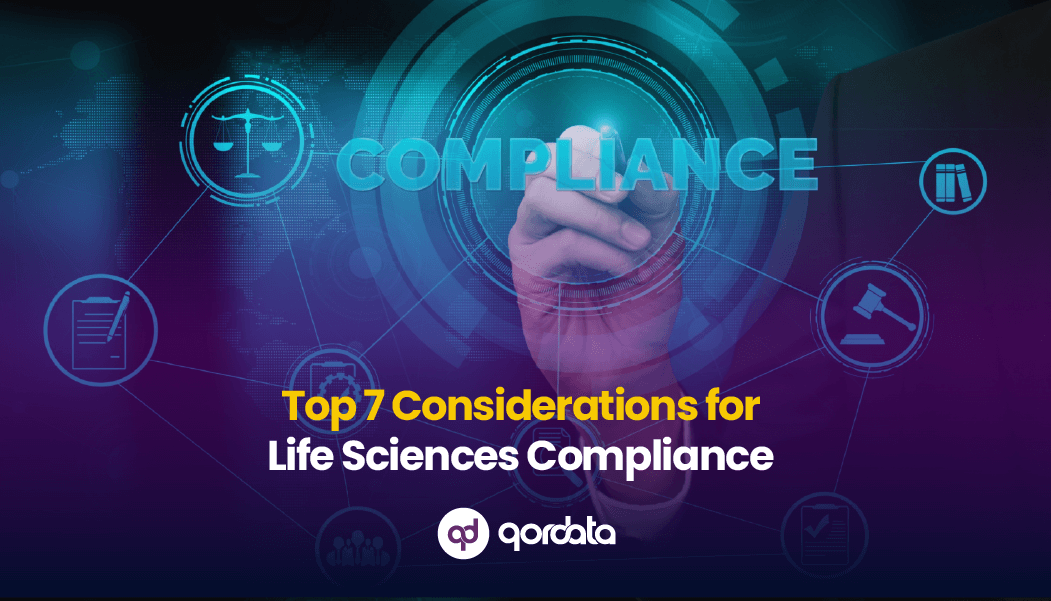Table of Contents
ToggleConflicts of interest in the complex and highly regulated life sciences industry represent a critical challenge. Professionals in this sector must navigate a delicate balance between personal interests and ethical responsibilities.
To maintain transparency and uphold ethical standards, the Centers for Medicare & Medicaid Services (CMS) Open Payments database emerges as a vital tool. In this blog, we delve into what conflicts of interest are and how the CMS Open Payments database plays a pivotal role in addressing them within the life sciences industry.
Understanding Conflicts of Interest
A conflict of interest arises when an individual’s interests or affiliations could compromise their professional judgment or actions. In the context of the life sciences industry, these conflicts can manifest in various forms:
-
Financial Gains: Healthcare providers may receive payments, gifts, or other compensation from pharmaceutical companies or manufacturers. These financial gains can create a conflict if they influence the provider’s decision-making process, potentially to the detriment of patient care or ethical standards.
-
Biased Prescribing: A conflict of interest can emerge when a healthcare provider consistently prescribes a particular medication or medical device from a company with whom they have a financial relationship. This bias can lead to treatments that may not be in the best interest of patients.
-
Non-Disclosure: Failing to disclose financial relationships or conflicts of interest is a critical ethical breach. Transparency is key to maintaining trust and ensuring ethical behavior within the industry.
CMS Open Payments: Shedding Light on Conflicts
The CMS Open Payments database is a beacon of transparency in the healthcare and life sciences industry.
While it doesn’t directly identify conflicts of interest, it provides a comprehensive platform for tracking and reporting financial relationships between drugs and device manufacturers or life sciences companies.
Key Aspects of CMS Open Payments:
-
Data Collection: The database results from the Physician Payments Sunshine Act, which mandates manufacturers to collect and track financial relationships with physicians and teaching hospitals. These relationships include payments, gifts, travel, research grants, and more.
-
Annual Reporting: Manufacturers are required to report this data to CMS annually. Before publication, healthcare providers can review and dispute the information reported.
-
Public Access: One of the most significant advantages of the CMS Open Payments database is its public accessibility. Federal payment program beneficiaries, consumers, physicians, and the general public can use this resource to review and research financial relationships. This transparency helps in holding individuals and organizations accountable for their actions.
The Role of Compliance Officers
Compliance officers in the life sciences industry play a critical role in using the CMS Open Payments database to monitor and manage conflicts of interest. Here’s how they do it:
-
Validation: Compliance officers use the database to validate the accuracy of disclosures in conflicts of interest statements. This ensures that healthcare providers are transparent about their financial relationships.
-
Monitoring Trends: The database allows compliance officers to monitor healthcare providers’ prescribing patterns and utilization of medical devices. Sudden changes or consistent biases can raise red flags.
-
Ethical Oversight: Compliance officers use the CMS Open Payments data to ensure that healthcare providers adhere to ethical standards, such as disclosing financial relationships and avoiding biased decision-making.
Real-World Examples
To illustrate the practicality of the CMS Open Payments database, consider these scenarios:
-
Psychiatrist’s Prescription Patterns: A psychiatrist receives substantial payments to promote an antidepressant drug. A review of the CMS Open Payments data reveals that the psychiatrist exclusively prescribes this drug. Failure to disclose this financial relationship on their conflict-of-interest statement raises ethical concerns.
-
Orthopedic Surgeon’s Royalties: An orthopedic surgeon earns royalties from a knee replacement device they co-developed with a manufacturer. CMS Open Payments data shows that the surgeon predominantly uses this device. Non-disclosure of royalty payments further complicates the situation.
-
All-Expenses-Paid Trip: A general physician accepts an all-expenses-paid trip from a drug manufacturer and begins prescribing the promoted medication afterward. The CMS Open Payments data highlights the connection between the trip and prescribing behavior.
-
Undisclosed Research Payments: A cardiac surgeon receives research payments, undisclosed in their conflict-of-interest statement. Further investigation reveals a lack of active research studies approved by institutional review boards.
Conclusion
In the life sciences industry, where every decision impacts health and well-being, conflicts of interest are more than just ethical dilemmas—they are critical concerns. The CMS Open Payments database is a powerful tool for maintaining transparency, holding individuals and organizations accountable, and upholding the highest ethical standards.
Compliance officers, healthcare providers, and the public alike benefit from the transparency and accessibility offered by the database. In a world where ethical conduct and patient well-being are paramount, the CMS Open Payments database ensures that conflicts of interest are exposed to scrutiny, fostering a culture of integrity within the life sciences industry.
Moreover, qordata’s AI-powered CMS Open Payments Reporting solution allows life sciences companies and compliance officers to ensure timely, accurate, and complete submission of spend reports to the CMS.
Get in touch with us to see the solution in action and determine how we can help you make CMS reporting seamless and convenient.
Other relevant reads:



